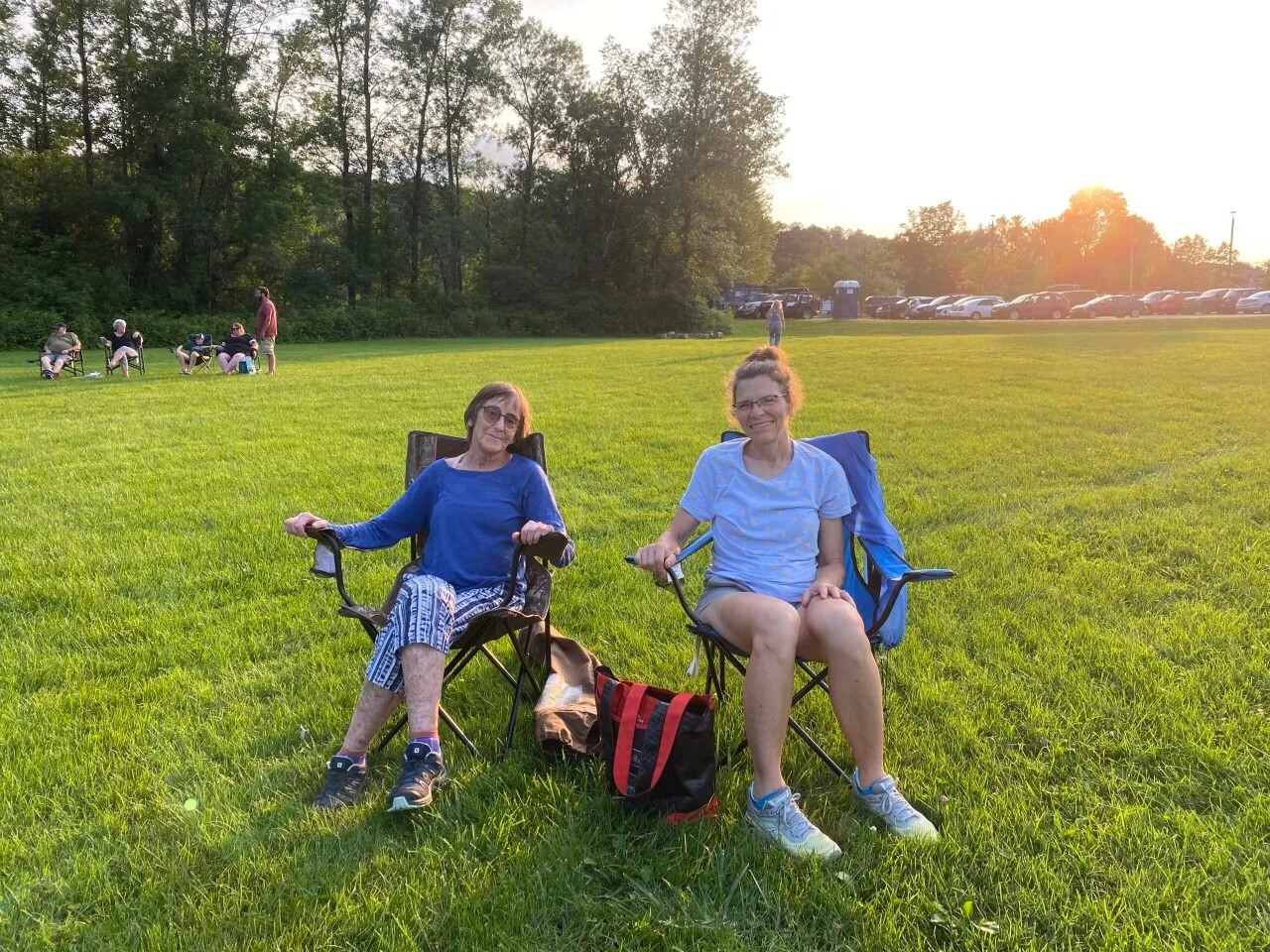Lawmakers move to clarify pandemic Town Meeting Day rules after Hinesburg votes to eliminate traditional in-person meeting
Editor’s note: This article was written by Joia Putnoi, a student at the University of Vermont and a reporter for the Community News Service, a student-powered partnership with local community newspapers.
Hinesburg’s recent vote to eliminate it’s town meeting and move all town votes to a ballot instead of a traditional town meeting has caught the attention of state lawmakers and Town Meeting Day advocates, who say the town improperly applied a pandemic-era safety measure.
Senators passed a bill Thursday updating last year’s Town Meeting Day guidelines, with a provision that specifically disallows a town asking its residents to adopt an Australian ballot on a permanent basis, as Hinesburg’s vote did. The bill now moves to the Vermont House, which will likely send it to Governor Phil Scott’s desk soon.
Seven Days first reported the issue, and noted that Rockingham also misinterpreted last year’s law, according to bill author Sen. Jeanette White (D-Windham).
Hinesburg’s early December 2021 vote determining whether or not to hold all votes by ballot item passed by wide margins among the 407 people who voted in the election, representing about a quarter of the 1,700-person town electorate. The decision to administer this vote was brought about by the town selectboard in early November.
Hinesburg’s choice to hold this vote using an Australian ballot was prompted by last year’s Act 162, which gave towns agency to hold covid-safe town meetings during the pandemic. White said the law was intended to be used as a temporary measure to help towns adhere to covid guidelines.
As intended by the law, towns must hold an in-person floor meeting when voting on making the permanent switch to the Australian ballot, however, Hinesburg did not do so, White said.
“I am just appalled at towns that want to do away with town meeting and just have Australian ballot. It’s just the worst thing for democracy,” said White.
White said that before being asked about it by the Community News Service, she was unaware of the vote in Hinesburg.
Susan Clark, Town Moderator of Middlesex, and coauthor of the book “All Those In Favor,” said she believes that Hinesburg should have waited to discuss the change in-person.
“It is contrary to the spirit of the law as written,” said Clark. “They were passing a public health emergency law, and inadvertently, they made a gross alteration.”
Vermont town meetings, where in-person voters act as citizen-legislators, is one of the few modern examples of direct democracy — not dissimilar to the democratic decision-making born in ancient Athens.
The vote to eliminate town meeting is unsettling to Hinesburg resident Richard Watts. Watts has lived in Hinesburg for thirty years, and has long valued town meeting’s capacity for face-to-face deliberation.
“I would have liked to see the town make more of an effort to have a conversation about how we could retain some of the elements of town meeting before just giving up on it,” said Watts.
Merrily Lovell, selectboard chair in Hinesburg, told Seven Days that the vote was held because the town was worried they would not have guidance from state lawmakers in time for Town Meeting Day, and they wanted to be sure a vote could be held safely.
“As far as we could understand it, we were very clearly following the law as it was written at the time,” she said. “If it’s not permanent, that’s fine with me.”
Lovell said she values the Town Meeting Day format, according to Seven Days.
“I hope this COVID turns out to be something that guides us in ways to keep that going. It’s real democracy,” she said to the paper.
This story will be expanded in the January issue of The Hinesburg Record.
Disclosure: Richard Watts is the director of the Center for Research on Vermont, the parent organization of the Community News Service. Watts was not involved in the reporting or editing of this article.





